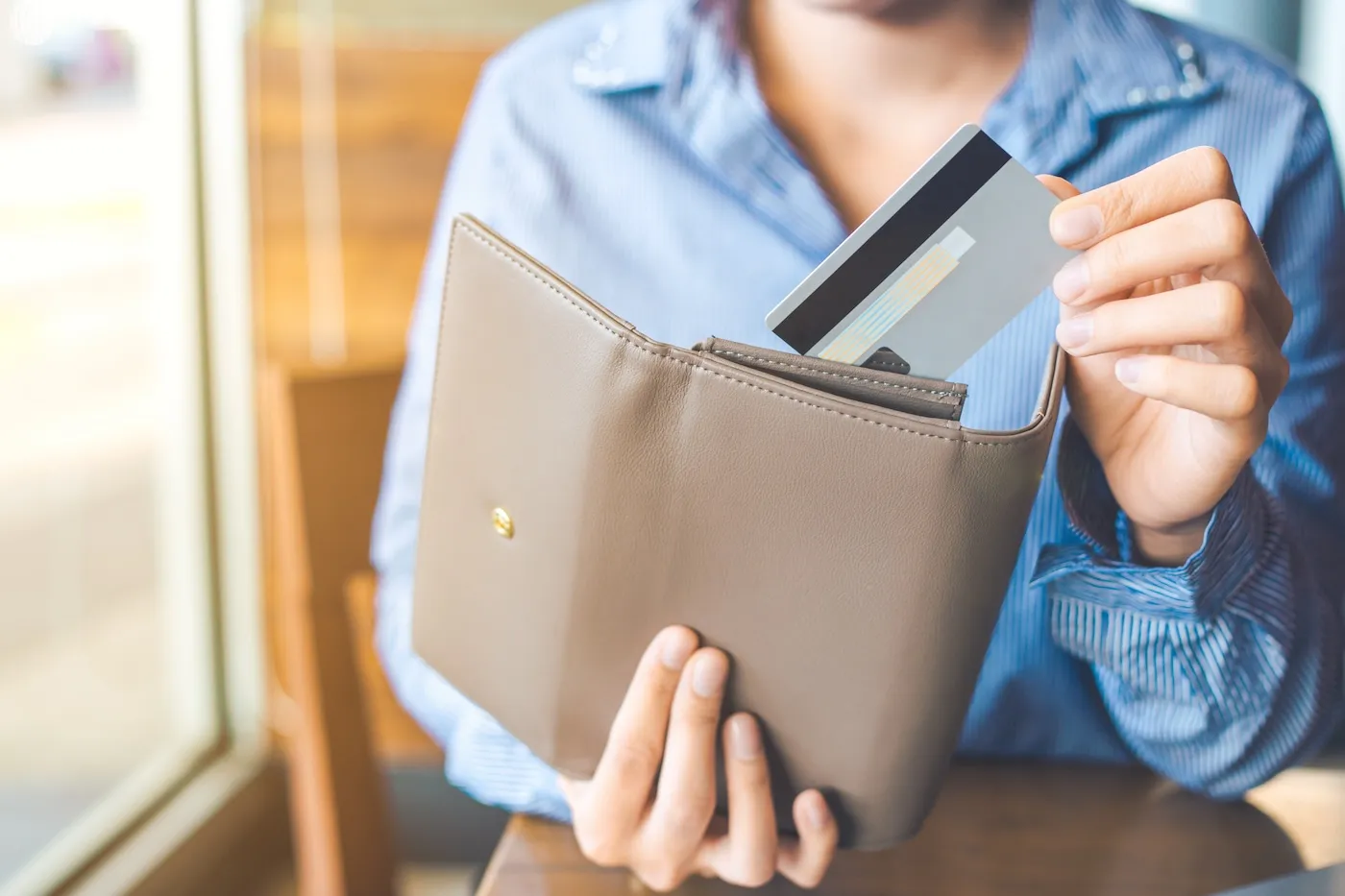What Happens When You Lock Your Credit Card?
Quick Answer
You may be able to lock your credit cards, which blocks new charges and cash advances. Card lock is helpful when you’ve misplaced a card but expect to retrieve it, and it does not interrupt scheduled or pending transactions.

Locking your credit card, an option available from many major card issuers, prevents approval of new transactions and cash advances without interfering with recurring automatic payments assigned to the card. It's a good idea when you've misplaced your card but think you'll retrieve it. Here's what to know about credit card locks.
What Is Card Lock?
Locking your credit card is an option available on many card accounts via the app, web dashboard or by calling your card's customer service number. The feature generally appears in the card management section of the app or dashboard and may also be listed as an option to "freeze" your card.
Details of exactly what happens when you lock a card varies by issuer, but typically:
- You won't be able to use your card. A locked credit card will be declined if you (or anyone else) attempts to use it at a checkout or other point of purchase, such as a gas pump or ATM.
- Autopayments will still go through. Regular recurring payments will not be interrupted if you lock your card. Gym memberships, streaming subscriptions and utility bills typically fall into this category, but if you'll be locking your card for an extended period, it's wise to check with your card issuer to confirm that all scheduled payments are designated as recurring. (You may be able to view recurring payments yourself in your card's app or web dashboard.)
- Previous purchases will not be affected. Past and pending purchases and cash transfers that haven't yet posted to your account will not be affected by locking the card, and neither will credits or refunds related to past purchases.
Card Lock and Authorized Users
If you have an authorized user on your account or if you are an authorized user on someone else's card, check with your card issuer to confirm how card locking affects you and other card users. A card lock could block authorized users from making purchases with the card, but they may be able to remain on the account.
Which Credit Card Issuers Offer Card Lock?
Some major credit card issuers that offer card lock include:
- Apple
- Capital One
- Chase
- Citibank
- Discover
- Navy Federal Credit Union
- State Employees Credit Union
- U.S. Bank
- Wells Fargo
When Should You Lock Your Credit Card?
Instances when it may make sense to lock a card include:
- Card is left behind: Card lock is a great option when you've left a card behind somewhere but foresee its safe retrieval: You don't need to replace it but want to prevent misuse until you get it back. Once the card is back in your possession, you can unlock it, and you're all set.
- Loss or theft: If you believe your card has been lost or stolen, you'll need to report that to your card issuer and request a new card. Doing so will immediately disable the old card, but locking the card even before you file your report could be the quickest way to prevent unauthorized charges.
- Compromised data: If you learn your card information has been compromised via a data breach notification or a credit monitoring alert, you can lock the card quickly to avoid its abuse before you check with the card issuer for unauthorized transactions and/or request a replacement card.
- Seldom-used card: If you're maintaining an older card to preserve its benefit to your age of accounts but favor other cards, locking the unused card can prevent misuse. Because issuers sometimes close disused cards or lower their borrowing limits, consider assigning a recurring payment to the card before you lock it and set it aside.
Does Locking Your Credit Card Hurt Your Credit?
No, locking your card does not hurt your credit. A card's status as locked or unlocked is not reported to the credit bureaus, and therefore will not influence credit scores. In fact, locking your credit card could help safeguard your credit scores: For example, if you lock a card that turns out to be stolen, you could prevent excessive unauthorized charges that could hurt your credit scores at least temporarily.
The Bottom Line
Credit card lock is a popular, easy-to-use feature of many cards that can help you prevent unauthorized use of your card and give you greater peace of mind if a card is temporarily mislaid or seldom used. For an additional layer of security for your personal credit, consider free credit monitoring from Experian, which can warn you when there's potentially suspicious activity on your credit accounts.
Don’t apply blindly
Apply for credit cards confidently with personalized offers based on your credit profile. Get started with your FICO® Score for free.
See your offersAbout the author
Jim Akin is freelance writer based in Connecticut. With experience as both a journalist and a marketing professional, his most recent focus has been in the area of consumer finance and credit scoring.
Read more from Jim

